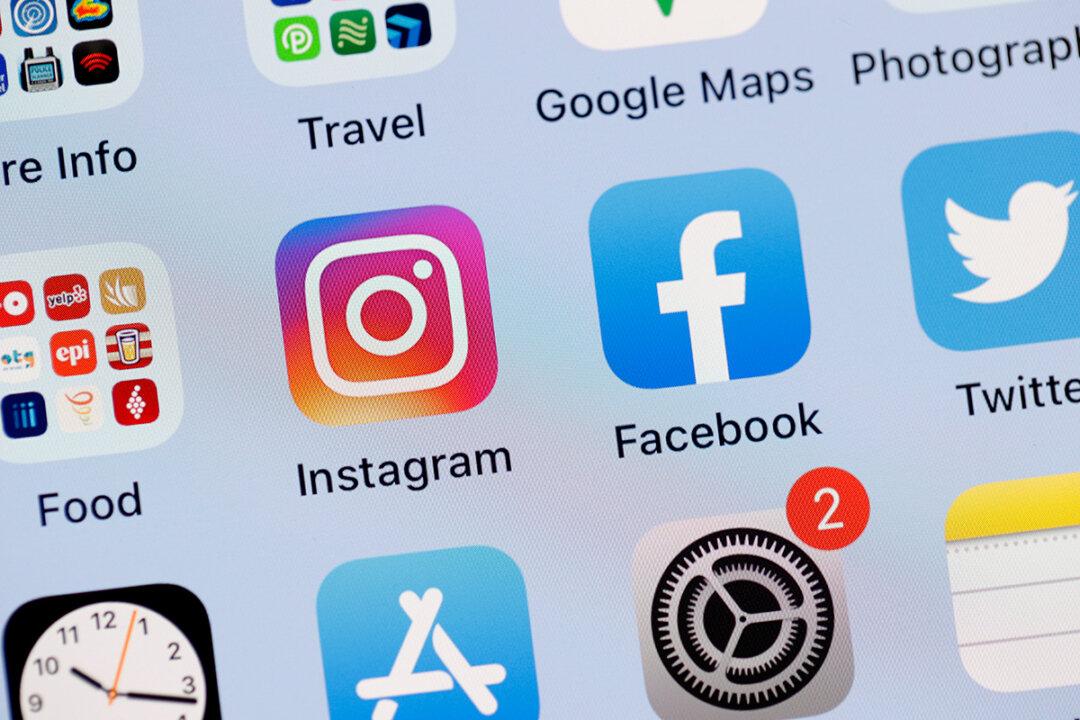Australia is grappling with the complexities of social media regulation, particularly for the country’s youth, experts warn that current decisions will have lasting effects on society.
During a recent Senate Committee hearing on Social Media’s Impact on Australian Society, Georgia Harman, CEO of Beyond Blue, revealed that a significant 58 percent of Australians take regular breaks from social media as a well-being strategy.





